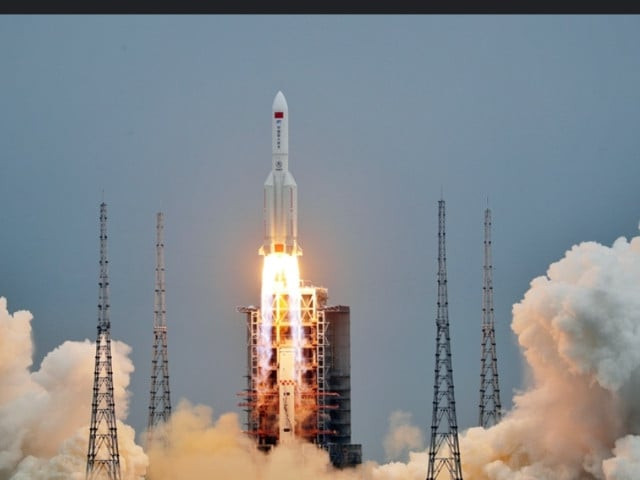Rocket launch by Chinese private firm i-Space ends in failure
Cause of the failure at the Jiuquan satellite launch center is being investigated

The launch of a Hyperbola-1 rocket developed by China's private aerospace company i-Space failed on Thursday, the official Xinhua news agency said.
The cause of the failure at the Jiuquan satellite launch center is being investigated, it said, adding that the rocket flew "abnormally", but did not elaborate.
Previously, China's Long March-6C carrier rocket made its debut flight on May 7, placing four satellites in space.
The rocket blasted off at 11:21 a.m. (Beijing Time) from the Taiyuan Satellite Launch Center in north China's Shanxi Province, sending Neptune-01, Smart-1C, a wide-band optical satellite, and a high-resolution video satellite into planned orbits.
It was the 520th flight mission of the Long March series rockets and marked the introduction of a new member to the series, enriching the category of China's new generation of Long March carrier rockets.
The Long March-6C carrier rocket was developed by the Shanghai Academy of Spaceflight Technology (SAST) and aimed to serve the future commercial launch market.
As a new generation of liquid carrier rocket, the Long March-6C has a first stage in a diameter of 3.35 meters, propelled by two liquid oxygen kerosene engines with 120 tonnes of thrust, and a second stage in a diameter of 2.9 meters, powered by a liquid oxygen kerosene engine with 18 tonnes of thrust.



















COMMENTS
Comments are moderated and generally will be posted if they are on-topic and not abusive.
For more information, please see our Comments FAQ